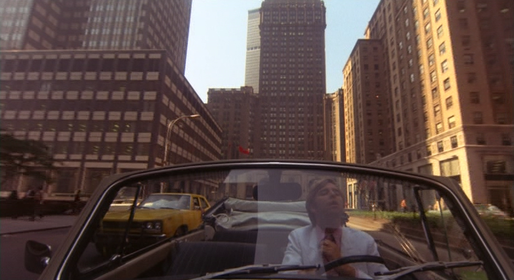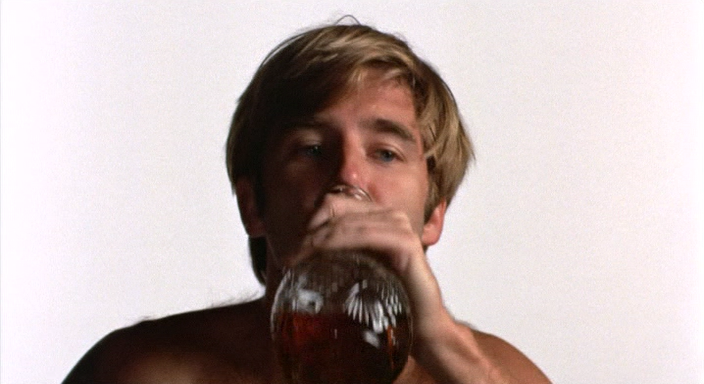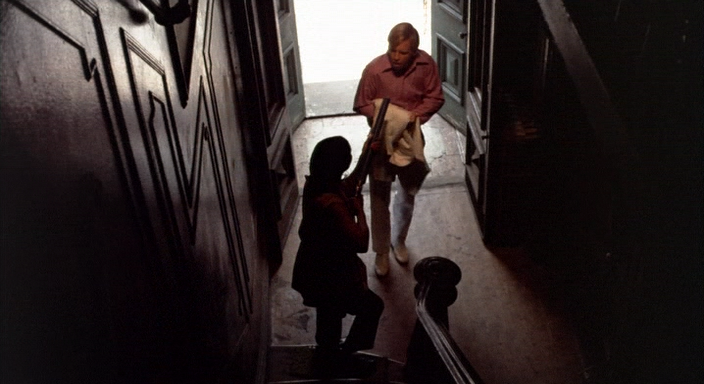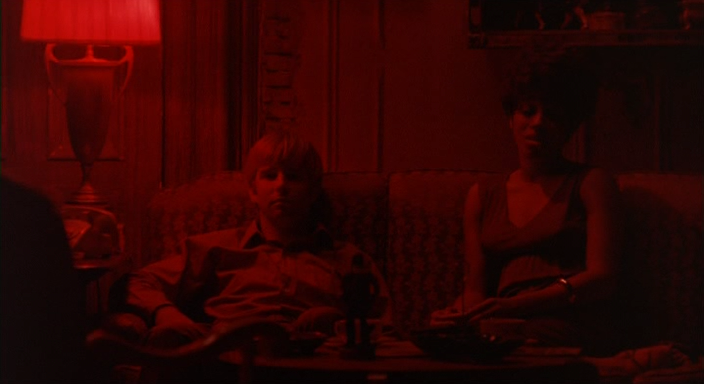 Elgar Enders, a rich young man from New York, lives what he perceives to be an oppressive life under the patriarch and matriach forces of the household. He decides to "run away" from home, which Enders defines as purchasing a building in the African American ghetto in the Park Slope section of Brookllyn. Intending to evict the tenants in order to renovate the building into a yuppie paradise, Elgar soon begins to grow fond of the black tenants. Elgar grows particularly fond of Fanny, the wife of a black radical husband, and Lanie, a young mixed raced woman of a white mother and black father. Endeared to other oddballs of the building as well, Elgar's worldview begins to drastically change. Hal Ashby's The Landlord is a funny and poignant portrait of race in the United States that truly captures the troubling nature of segregation in American communities throughout the country. This has to be Beau Bridges most important performance as Elgar Enders, a young man who feels neglected and oppressed by an uber-wealthy family that shows no interest in what he wants in life. Enders wants something that is his, not his parents, and the tenant building is the gateway to his own freedom, drawing symbolic parallels to the plight of the African American in America. Being the director of well known Harold and Maude, Hal Ashby's THe Landlord carries a playful charm and offbeat sensibilities that make it more effective as a social commentary. Criticisms about The Landlord simply being a white guilt film are misguied, with Ashby really attempting to get to the core issues of race. In fact, The Landlord argues that the majority is never capable of grasping the plight of the minorities, but being aware of it and showing empathy is a good first step. It is a film that is really about urban segregation, with the wealthy and impoverished living completely different lifestyles, living behind the invisible boundaries of their environment. While the wealthy are entitled and spend their days trying to keep themselves entertained, the tenant buildng residents are just trying to get by from day to day. Capturing the pressure that comes from both sides of the community to keep segregation, The Landlord shows how that breeds this attitude of us vs. them, with the best example of this exhibited in a Copee, Fanny's husband, who discovers that her pregnant baby is not his, but the child of a white man. Intensely portrayed by Lous Gossett Jr. Copee explodes in anger, symbolic of the fears of many minorities, especially African Americans, when it comes to seeing their culture disappear. That is my favorite aspect of The Landlord, how it tackles the importance of African American culture preservation. Hal Ashby's direction is as good as ever in The Landlord, with his trademark exquisite editing and an intimate sequence between Elgar and Lanie that is an expressive composition silhouttes over a bright white backdrop, exploring the themes of the film in a visual way. Tender, charming and funny, Hal Ashby's The Landlord is a fantastic social commentary exploring race in America.
0 Comments
Leave a Reply. |
AuthorLove of all things cinema brought me here. Archives
June 2023
|



 RSS Feed
RSS Feed
